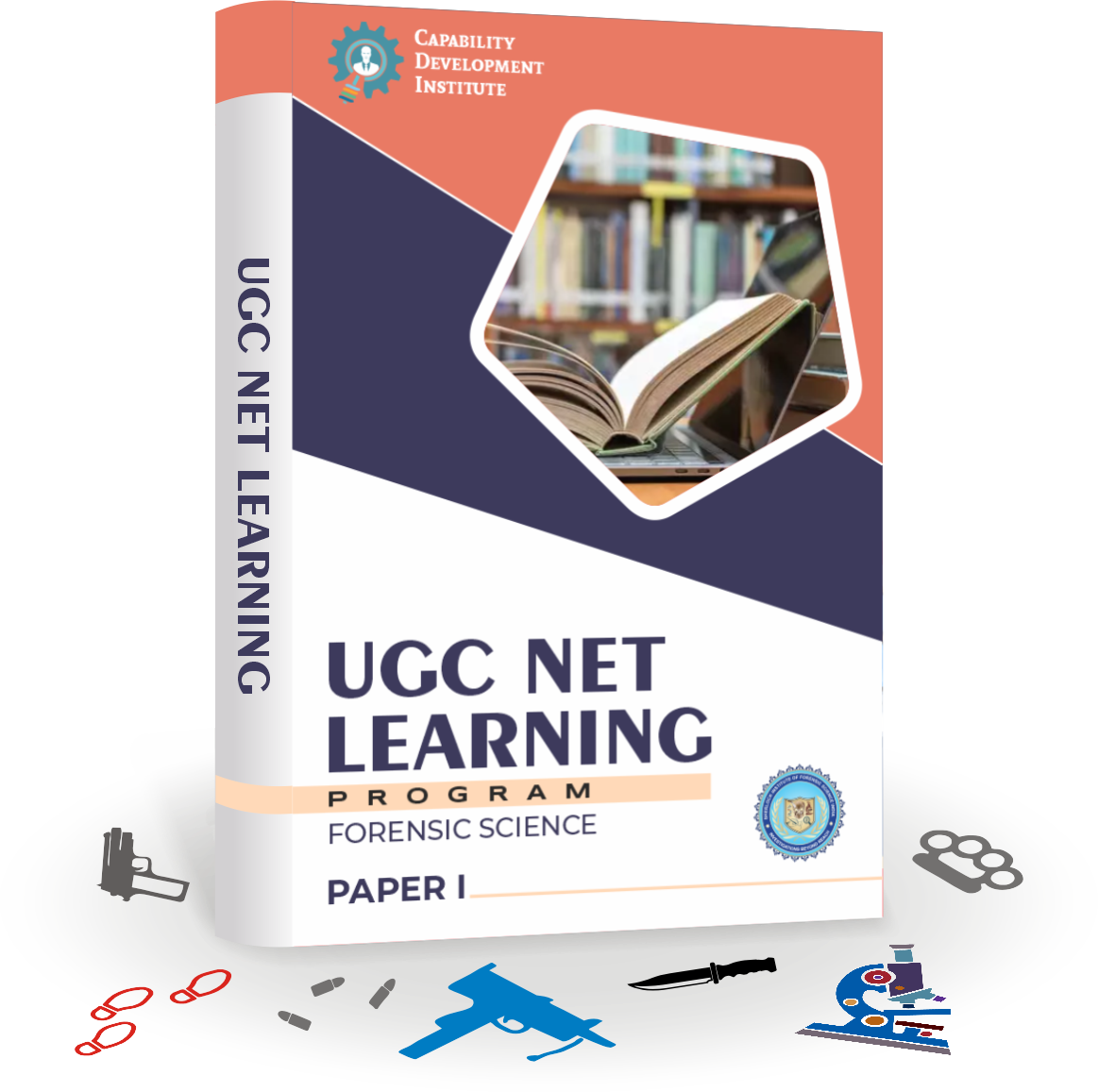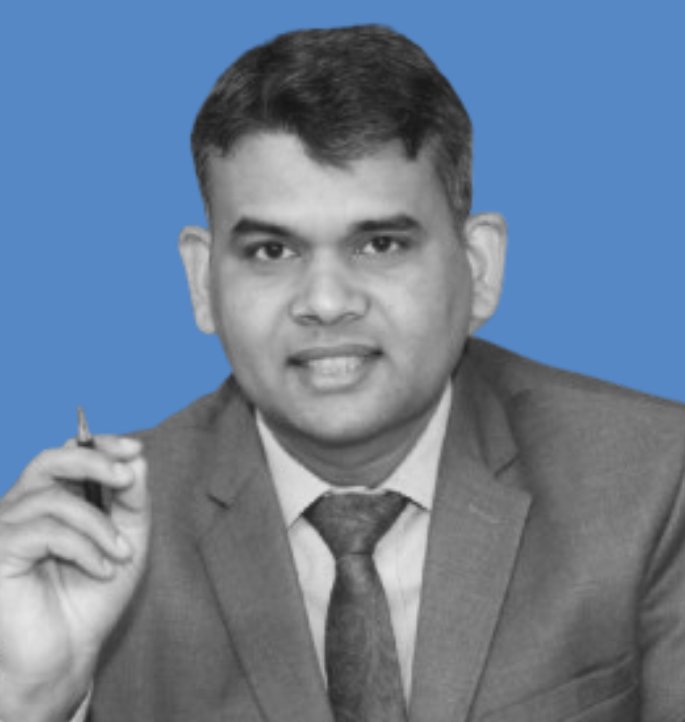
Step up your preparation for the UGC NET Exam by enrolling in our current batch.
Live Learning Batch: January to June 2025
UGC NET Learning Program is an initiative brought out by the joint efforts of Capability Development Institute and Sherlock Institute of Forensic Science to help the UGC NET Aspirants get an edge over other competitors and give their best in the first go itself.
The lectures are to be conducted by renowned faculty working in different universities all across India brought together by CDI to provide the best possible content to the students and help them achieve their goal of clearing this reputed exam.
As we believe in providing a level playing field we are providing the Live Lectures FREE OF COST to all registered participants.
The content has been prepared keeping the UGC NET Syllabus in mind with special emphasis on Previous 10-year papers of UGC NET Exams to help the students appearing for the very first time and also to help students who have appeared earlier in understanding their previous faults and rectify them.
We hope to provide students with crisp and concise content to help them clear the exam in their upcoming attempt itself.


